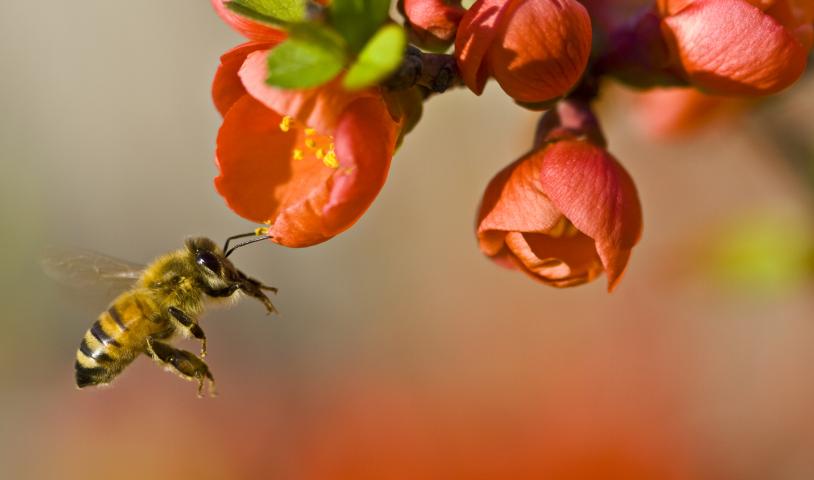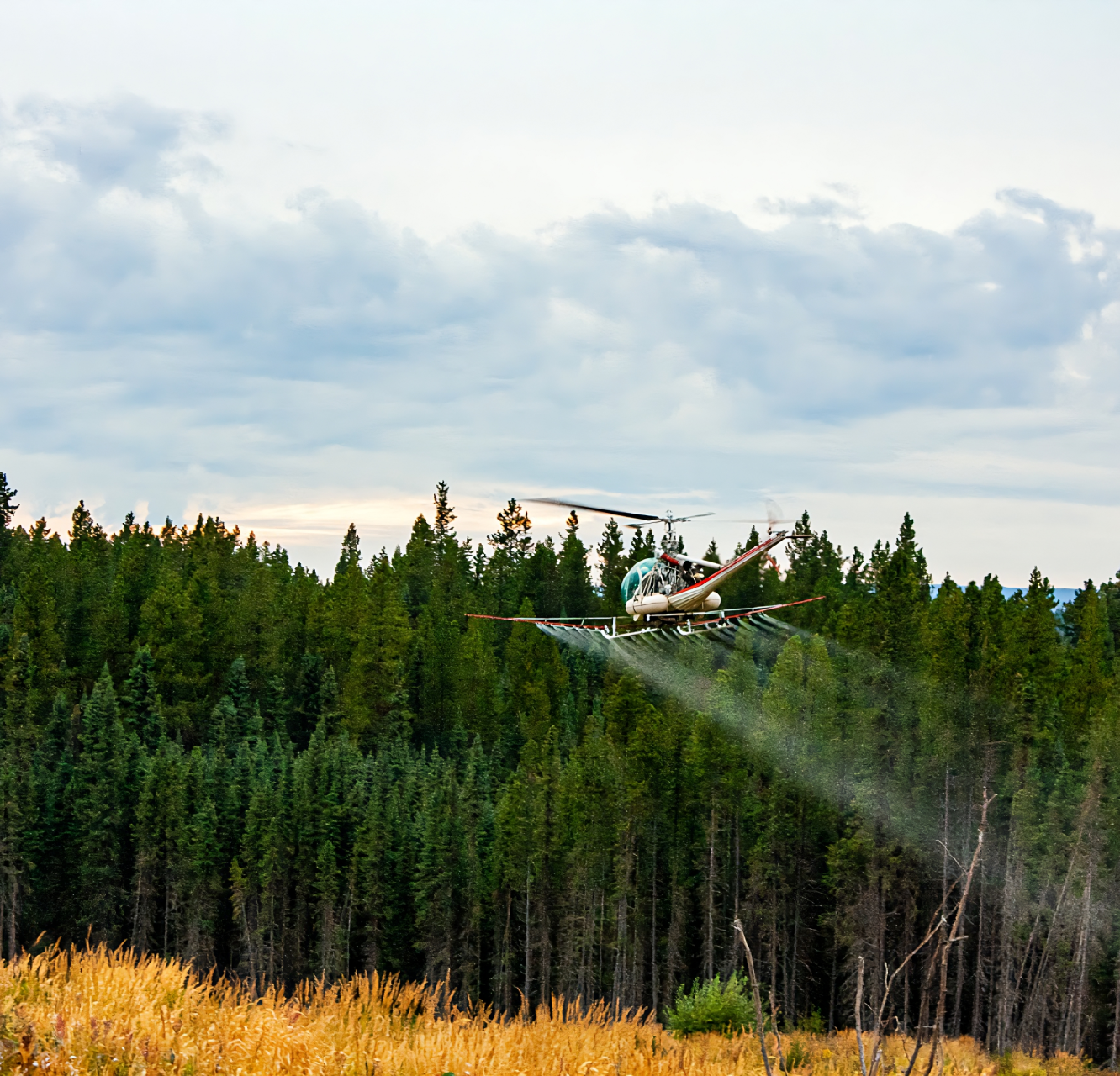The day of the Honey Bee
Friday, June 3, 2016
In anticipation of Day of the Honey Bee on Sunday May 29, the Wilderness Committee is calling for a provincial ban on the pesticides widely implicated in bee declines. First introduced in the 1990s, neonicotinoids are now the most widely used class of pesticides in the world and are commonly applied to BC crops including cherries, blueberries, apples and corn.
“Our bees and wild pollinators are under pressure which is why we are calling for neonics to be banned in BC and right across Canada,” said Gwen Barlee, policy director with the Wilderness Committee. “Science has proven that these pesticides are very toxic to bees in tiny doses, and if we value bees, wild pollinators, and the food they produce we will ban the pesticides that are indiscriminately killing them.”
Known as “systemic” pesticides, neonics are absorbed into the tissues of the plant including leaves, stems, nectar and pollen. Designed to kill chewing pest insects, they are also toxic to beneficial insects such as honeybees and wild pollinators.
In addition to outright mortality at lower doses, neonics also cause serious sub-lethal impacts to bees. These include impaired memory and learning, disorientation and difficulties returning to the hive, reduced resistance to disease, and lower breeding success.
The Day of the Honey Bee was started by beekeeper Clint Ekdahl in Saskatchewan in 2009 to draw attention to the plight of honey bees. The Day of the Honeybee is now celebrated in BC, Saskatchewan, Manitoba, and over 100 municipalities across Canada. For two decades bees in Canada and across the globe have experienced startling “die-offs.”
Read the original story here





